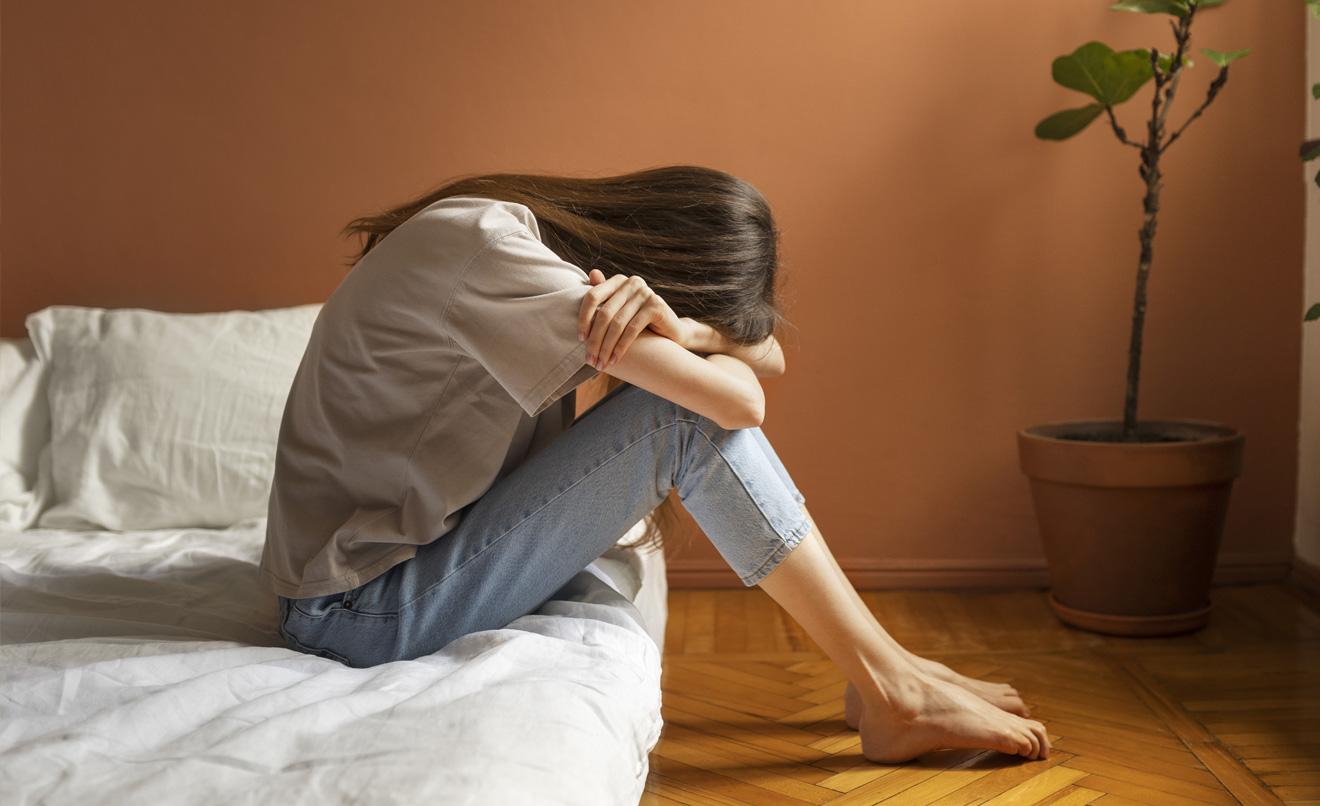
Whose heart hasn’t beaten faster or who hasn’t experience sweating and a dry mouth before doing an exam or before a job interview? This is what is known as anxiety and it is a normal response of the body to face a scaring situation.
What is anxiety?
Anxiety can be defined as the feeling of
restlessness, nervousness or insecurity when facing a stressful or uncertain
situation. This causes a reaction of the organism and makes us put ourselves to
safety by avoiding or running away from said danger.
Is it wrong to have anxiety?
Anxiety is a normal and necessary reaction,
since it allows us to adapt and protect ourselves against different menacing or
dangerous situations of our daily life.
But when this reaction turns abnormal and
becomes an anxiety disorder, the intensity, frequency or duration of these
responses are exaggerated, and there are more and more triggering stimuli, or
the situation becomes uncontrollable.
What does anxiety feel like?
Generally speaking, anxiety produces an intense
activation of the nervous system and the organism. This is made as a
preparation of the body to react fast and causes psychical and physical
manifestations.
Anxiety manifestations can vary from mild to severe:
From simple nervousness to a panic attack, depending on the person and the
triggering situation.
Thus, the person affected can suffer from lack
of air and difficulty breathing or their heart can beat faster. Also, feeling
pain in the chest, dizziness, digestive troubles, etc is possible. In the most
severe cases, patients may suffer from fears and phobias.
When should I seek professional help?
Paying attention to the apparition of the
firsts symptoms of anxiety is important, in order to take the adequate measures
and prevent the situation from becoming worse and suffering more severe crisis
that can negatively affect daily life.
Did you know that our intestine can influence,
for the better or worse, the brain?
These days, the gut-microbiota-brain axis
is more and more talked about. This term references the bidirectional and
dynamic relationship between these organs of the body. An adequate and normal
functioning of said organs is fundamental for a healthy organism and any
alteration of the connection mentioned above can cause digestive, metabolic or
brain disorders.
Some tips to soothe anxiety